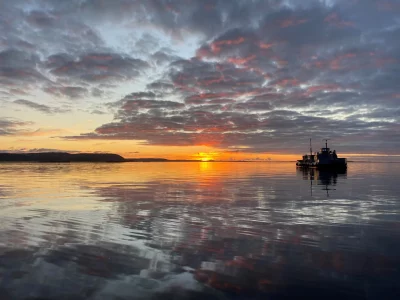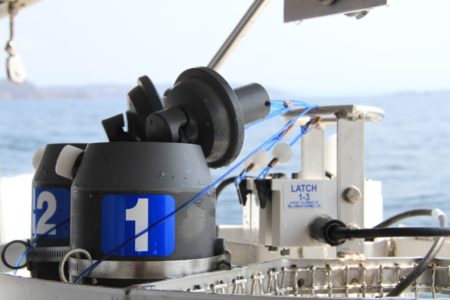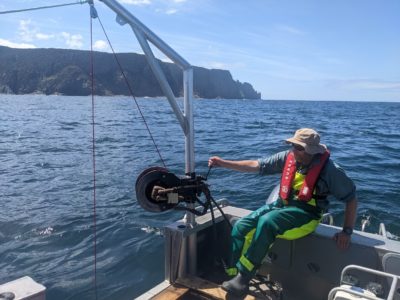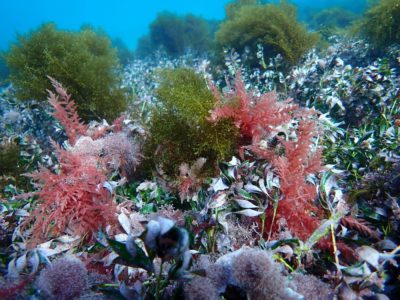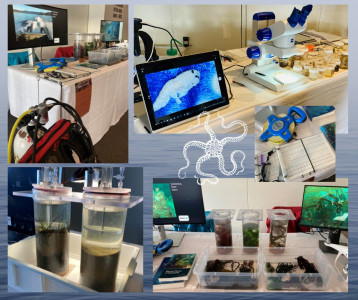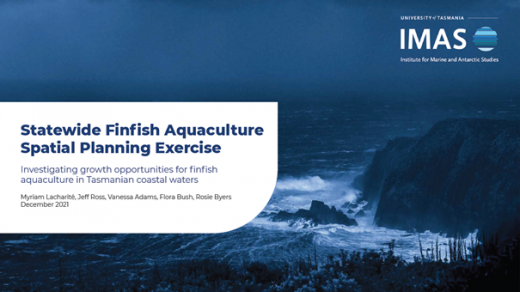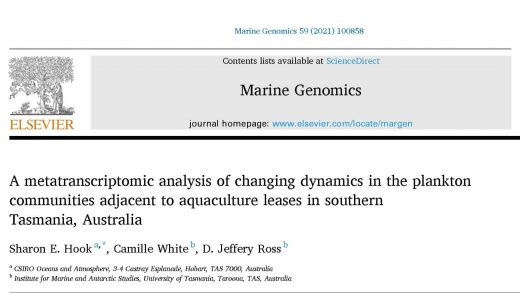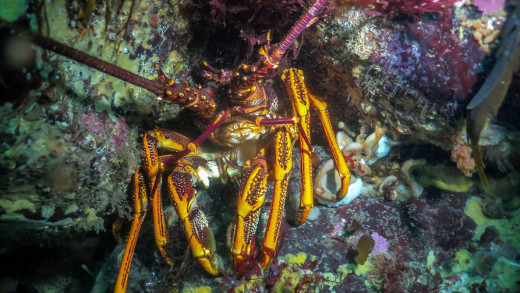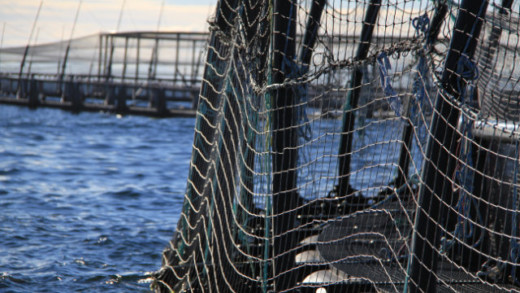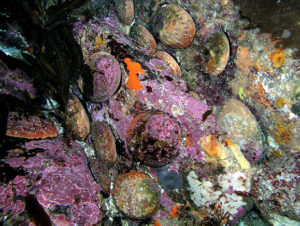New monitoring tool for the influences of aquaculture on planktonic communities
8th December 2021
New research from Sharon Hook (CSIRO), Camille White and Jeff Ross (Salmon Interactions Team, IMAS) has highlighted the potential of using microbial gene expression as a tool for understanding more about how microscopic plants and animals which float in the water column (planktonic communities) are affected by finfish aquaculture. Finfish aquaculture releases nutrients, including nitrogen, into the surrounding water […]
read more